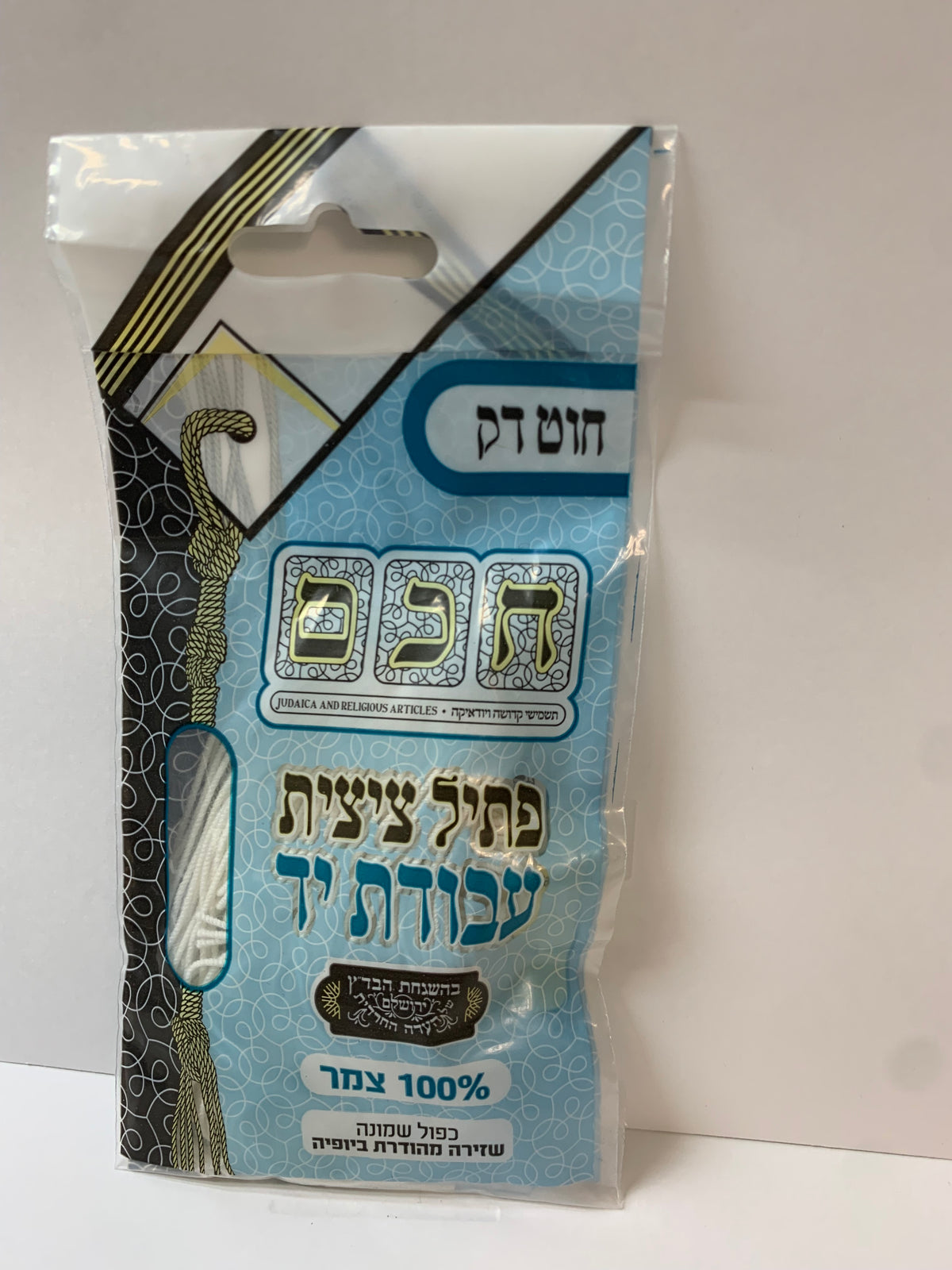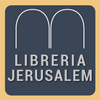
The Bahir
Pickup available at Bolivar 96
Usually ready in 24 hours
Envios a todo el mundo
Pago 100% seguro con OXXO Pay y tarjetas.
Detalles
The Bahir is one of the oldest and most important texts of all classical Kabbalah. Until the publication of the Zohar, the Bahir was the most influential and widely cited original source of Kabbalistic teachings. It is quoted in virtually every major book of Kabbalah, the oldest of which is Raavad's Sefer Yetzirah commentary, and Rabbi Moshe ben Nachman (Ramban) quotes it numerous times in his Torah commentary. The Zohar also paraphrases and quotes it many times. The name Bahir derives from the first verse quoted in the text (Job 37,21): "And now they see no light, there is a brightness (Nahir) in the heavens". It is also called the "Midrash of Rabbi Nehuniah ben HaKana", especially in Ramban. It could be because Rabbi Nehuniah's name appears right at the beginning of the book, but many Kabbalists actually attribute the Bahir to him and his school. Some consider it the oldest written Kabbalistic text. Although the Bahir is a fairly small book, some 12,000 words long, it was held in great esteem by those who approached its mysteries. Rabbi Judah Jayit, a prominent 15th-century Kabbalist, writes: "Make this book a crown for your head." Some of the text is somewhat difficult to understand, and Rabbi Moshe Cordovero (1522-1570), head of the Kabbalah school in Safed, says: "The words of this text are resplendent (bahir) and brilliant, but their brilliance can blind the eye." The Bahir was first published around 1176 in the Kabbalistic school of Provence, and circulated in manuscript form to a limited audience. The first printed edition appeared in Amsterdam (1651), and successive editions were printed in Berlin (1706), Koretz (1784), Shklav (1784), and Vilna (1883). The best edition is the one edited by Rabbi Reuvén Margolius, published in 1951 together with his commentary, Or HaBahir ("Light of the Bahir"). Aryeh Kaplan did the translation basically from this edition.






